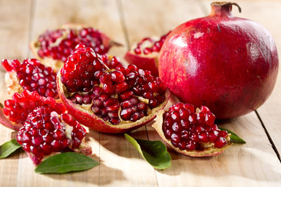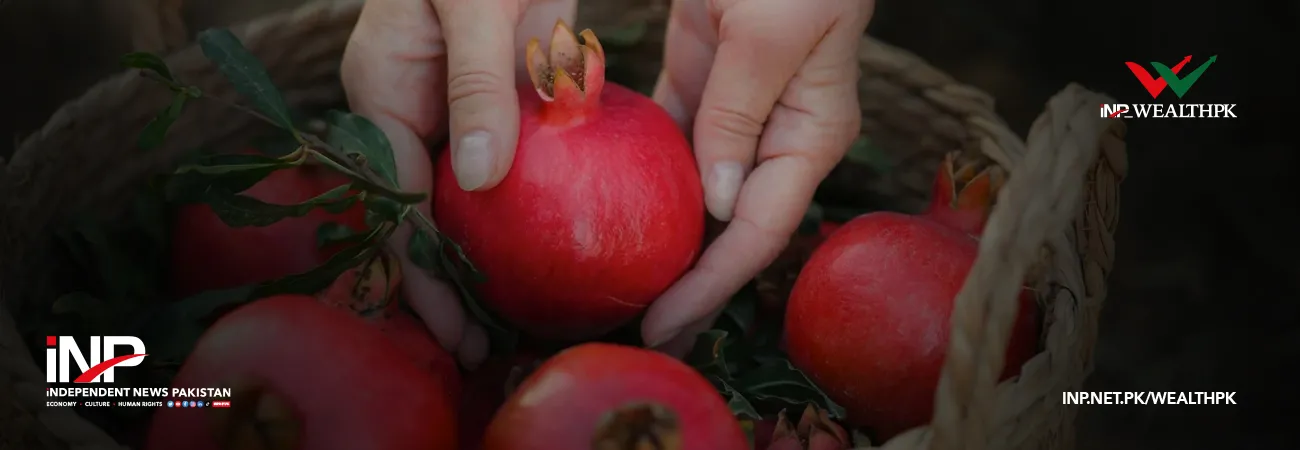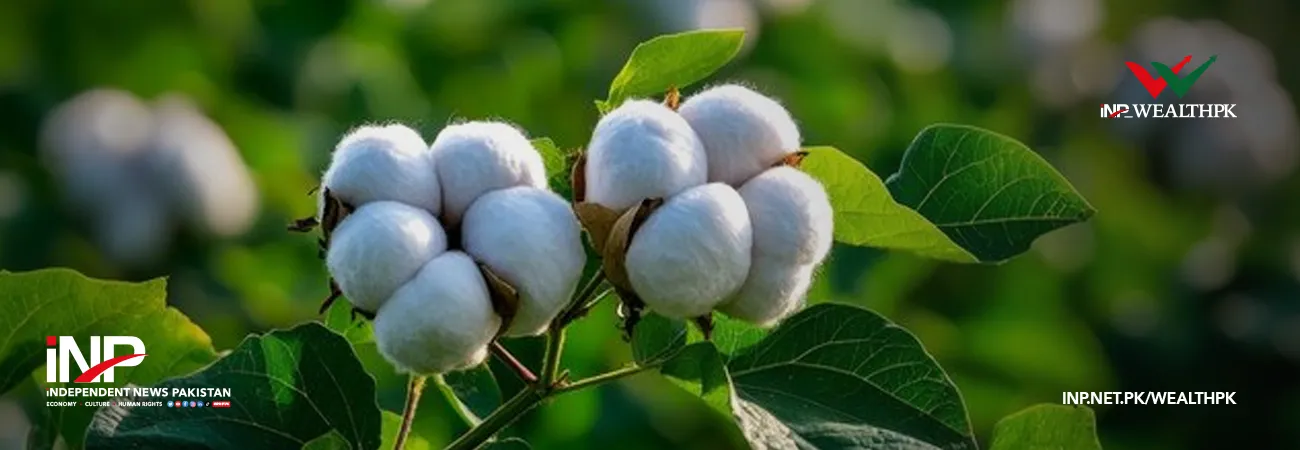INP-WealthPk
Arooj Zulfiqar
Pakistan's pomegranate industry holds untapped potential to meet growing domestic and international demand, but a combination of challenges, including outdated farming practices and poor market infrastructure, continues to hinder its growth, reports WealthPK.

"Pomegranates, often referred to as the "Fruit of Heaven," hold great promise for Pakistan's agricultural sector. Despite favourable climatic and soil conditions, the country’s pomegranate industry remains underutilised, with production levels far below potential,” said Dr Nurullah, a senior scientific officer at National Agricultural Research Centre (NARC). Talking to WealthPK, he said several challenges are hampering the growth of this industry. “Farmers face a lack of awareness regarding advanced cultivation techniques that could improve yield and quality. Poor market infrastructure and transportation facilities further restrict efficient distribution, leading to significant post-harvest losses.
Aging orchards, coupled with outdated farming methods, have also contributed to declining productivity,” he explained. “Additionally, weak coordination between research institutions and farmers has limited the transfer of innovations and modern agricultural practices to the field,” he said. “Despite these challenges, Pakistan possesses significant opportunities to develop its pomegranate industry.” Nurullah said the fruit thrives in tropical and subtropical climates and can tolerate saline soils, making it well-suited for cultivation across diverse agroecological zones in the country. He believes that introducing modern cultivars and utilising marginal and underutilised lands could significantly increase production.
“Improving market infrastructure and storage facilities would also enable better handling and transportation, reducing losses and enhancing profitability for farmers.” “Strengthening linkages between research institutions and farmers is crucial for disseminating knowledge and technology. Collaborative efforts can introduce innovative planting techniques and pest management strategies that boost productivity. Raising awareness among farmers through targeted training programmes is another essential step toward sustainable growth. Government support in bridging gaps between the agricultural sector and research bodies is vital for ensuring the adoption of advanced farming practices,” Nurullah said.
He said with right interventions, Pakistan’s pomegranate industry can not only meet domestic demand but also expand into international markets. “By overcoming existing barriers and leveraging its natural advantages, the country has the potential to transform pomegranate cultivation into a lucrative sector, improving the livelihoods of farmers and contributing to the national economy.” Balochistan leads in pomegranate cultivation, followed by Khyber Pakhtunkhwa and Punjab. However, the total production recorded in 2018-2019 was only 37,613 tonnes from 7,330 hectares of land, highlighting a significant gap in meeting local demand. During the same period, Pakistan imported over 35 million kilogrammes of pomegranates while exporting a mere 61,789 kilogrammes, underlining the need for strategic improvement.
Credit: INP-WealthPk











